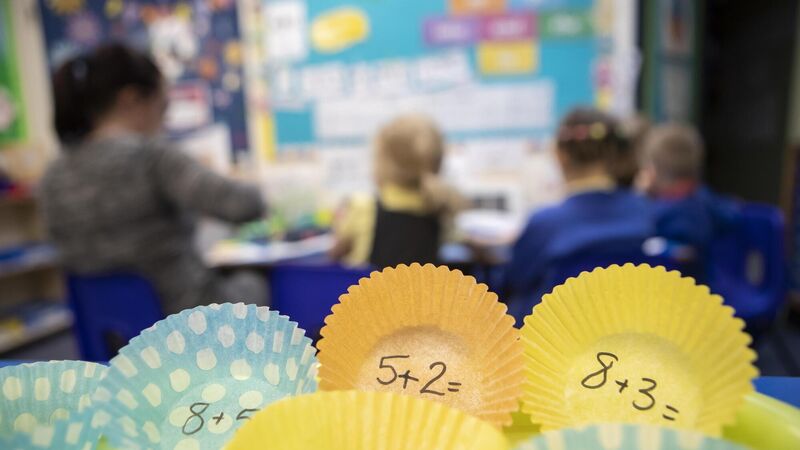Government agency to fund research into rise in demand for special education

There has been an exceptional growth in demand for placements in special school or class placements in recent years. File picture: Danny Lawson/PA
A Government agency is set to spend up to almost €100,000 on a research project to discover why there’s been “exceptional” growth in demand for special school and special class places in recent years.
The National Council for Special Education (NCSE) has gone out to tender for a contractor to deliver this research, as part of its remit to identify and plan for the establishment of special classes and special schools across the country.










